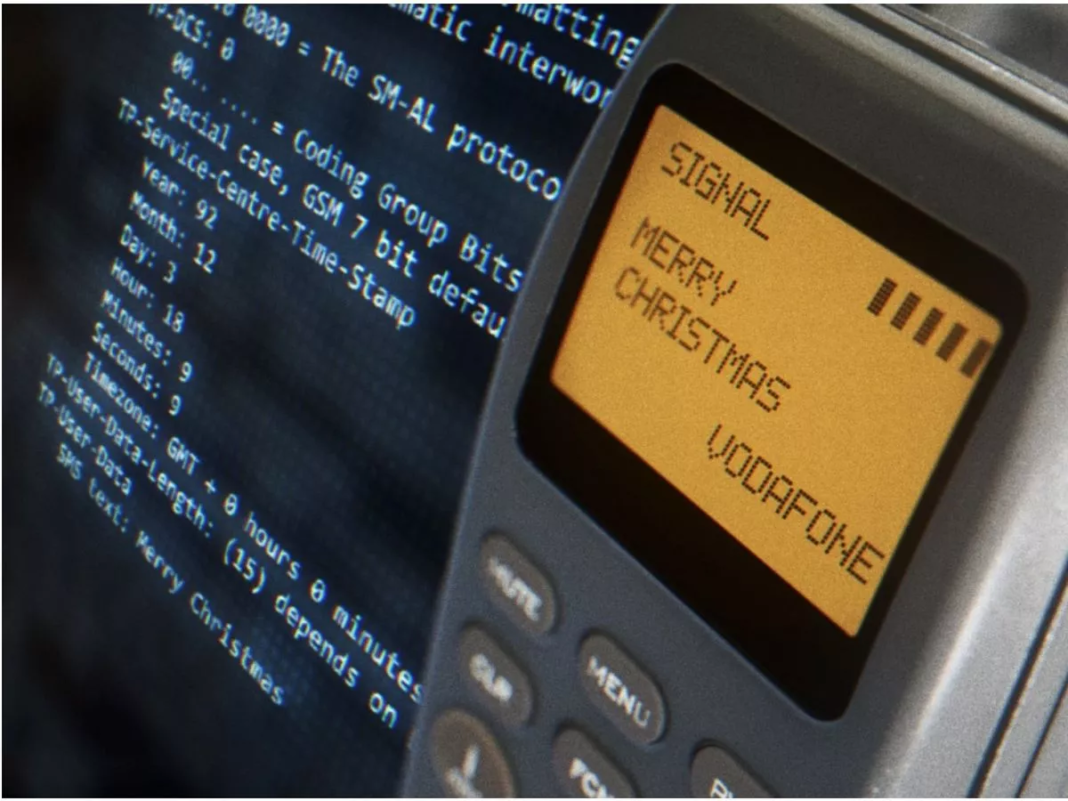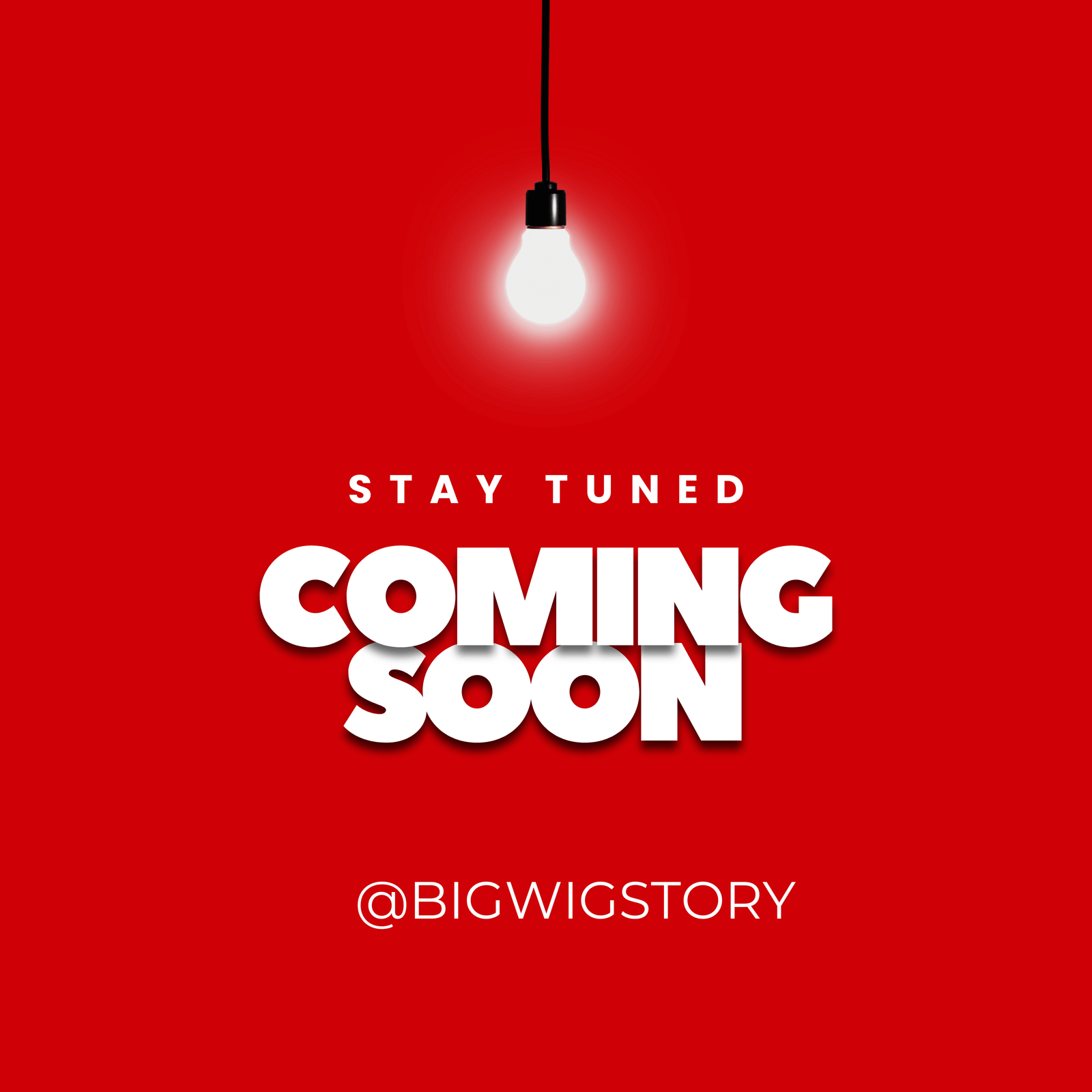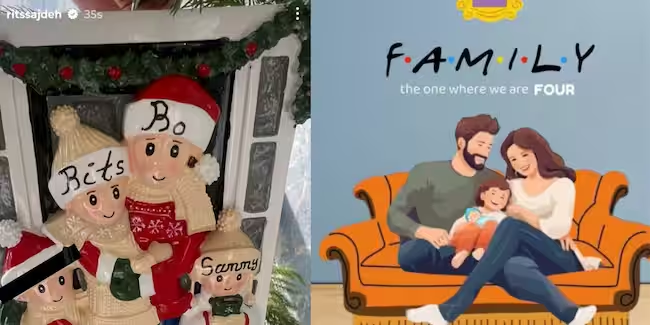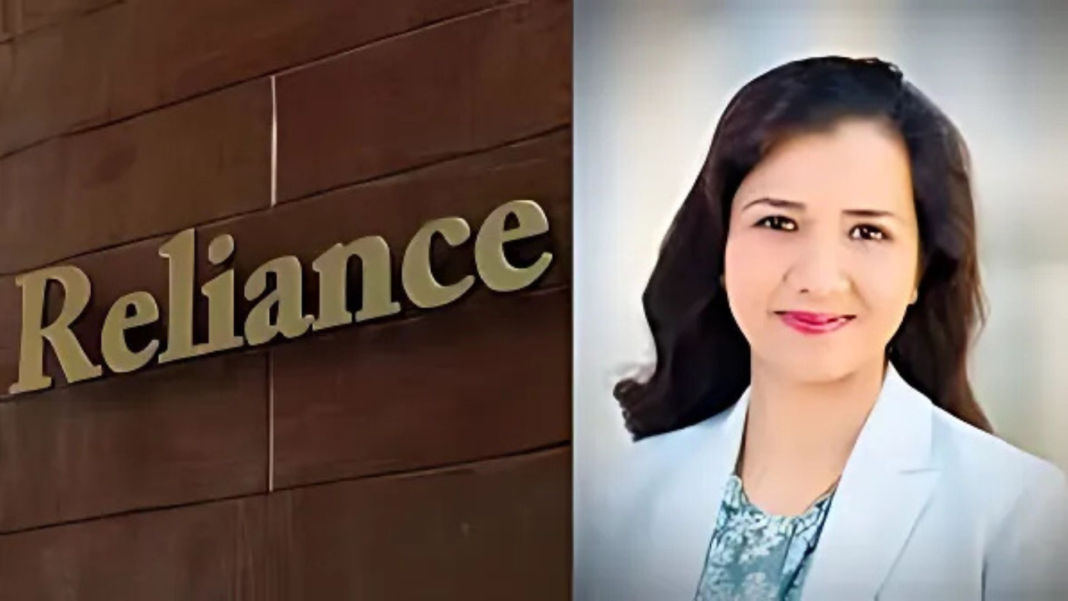
Today Marks 30 Years of the First Text Message; A Milestone In Mobile Communication
On December 3,1992, the first text message ever was sent. This message, simply saying “Merry Christmas” was sent by Vodafone engineer Neil Papworth in Berkshire, UK, to Richard Jarvis, one of the company’s bosses, who was at a Christmas party. He sent the message from a computer to a mobile phone over the Vodafone network in the UK.
The message simply read:
“Merry Christmas.”
This groundbreaking moment marked the birth of SMS (Short Message Service), which later became a revolutionary form of communication. At the time, mobile phones did not have keyboards, so Papworth had to type the message on a computer.
This moment was not just a holiday greeting but a groundbreaking test of the SMS (Short Message Service) technology. At the time, mobile phones like the Orbitel 901, which weighed a hefty 2.1 kg-about the weight of 12 iPhone 14s-were the cutting-edge devices. The idea of sending messages on mobile phones seemed like science fiction.
However, the industry quickly embraced this innovation, and by 2012, around 150 billion text messages were being sent daily. While that number has since dropped to about 40 billion, SMS remains a widely-used service for everything from parcel notifications to secure logins.
Ben Wood, former Vodafone staffer and curator of the Mobile Phone Museum, recalls that mobile messaging was initially seen as a concept only for pagers. Yet, as the technology developed, SMS found many uses, including sending timely notifications about road traffic and appointments.
Vodafone, with its Vodata division, was instrumental in promoting SMS, and soon, people were texting faster than ever before on numeric keypads. At its peak in 2012, about 150 billion texts a day were being sent, and while the number has fallen dramatically to around 40 billion now, they are still widely used to let people know their parcels are on the way, for example, that their doctor’s appointment has been confirmed, or that they need to enter a numeric code to log in to some secure service or other. About five billion people globally still send text messages. The text is far from dead.
Conclusion
Despite the rise of internet-based messaging apps like WhatsApp, which handles over 100 billion messages daily, SMS remains a global communication tool. Around five billion people still use text messaging, proving that the humble text is far from obsolete. As Ben Wood puts it, texting paved the way for visual interaction on mobile phones, a revolution that continues to thrive 30 years later.





